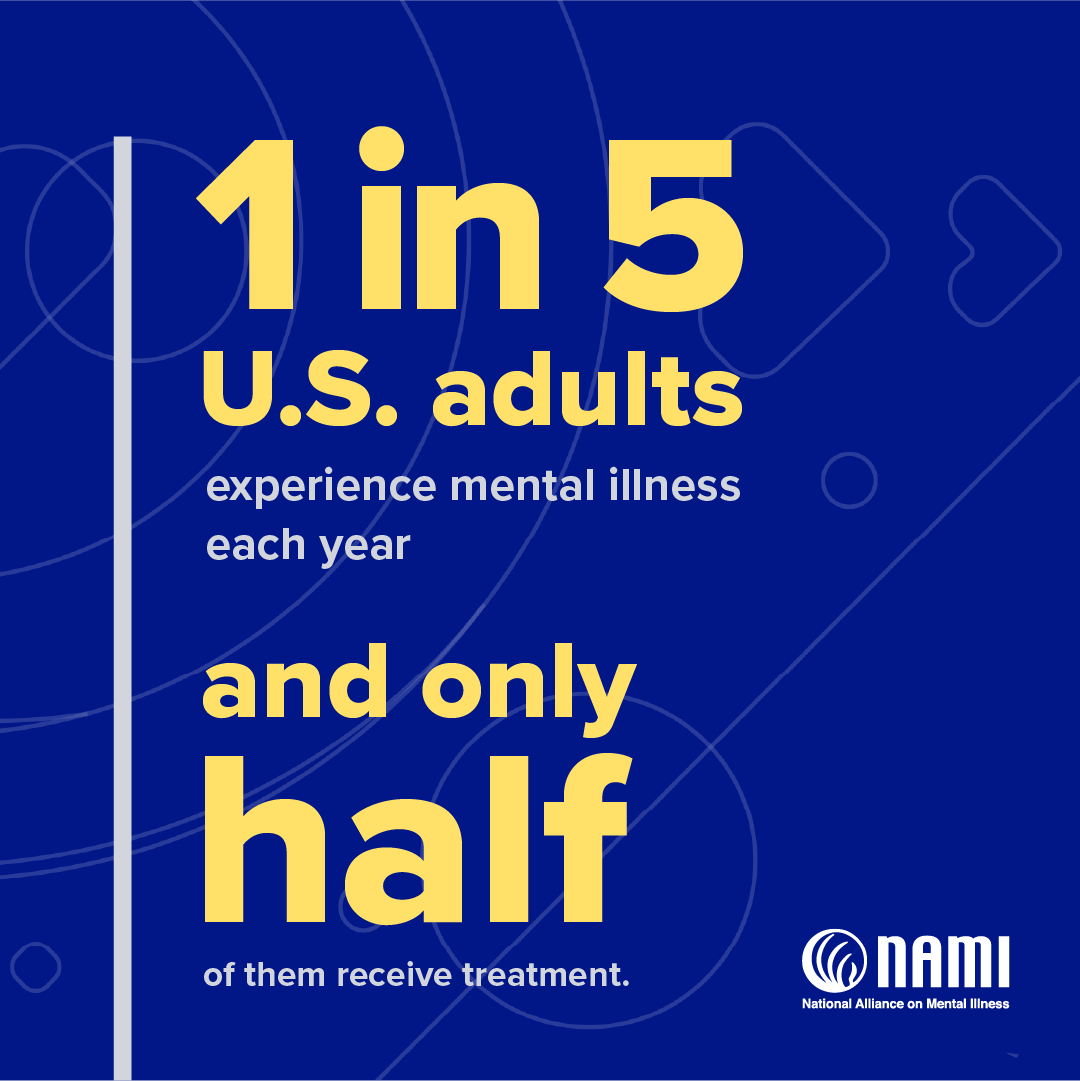
Mental Health Awareness Month: Start the Journey Now!
There are many causes, too many to count, in fact, that call for increased awareness from the public. Too many times, such awareness has no tangible impact on the issue at hand, despite the best intentions of those involved.
Not so with mental health. Simple awareness of mental health issues positively affects both individuals and society writ large, as such awareness can reduce stigma, prompt self-care, and help people access resources they may have not previously know about.
And since May is Mental Health Awareness Month, it behooves the entire community to increase awareness of helpful resources while reducing the negative stigma surrounding mental health issues and those who endure them. Below you will find a list of services available to students, faculty, and staff:
Students
Recurring sessions (virtual or in-person) are available to all students at no cost. To set an appointment, use the online intake form.
Faculty & Staff
All benefits-eligible faculty and staff can access short-term counseling and referrals through our Employee Assistance Program. They can also make use of services such as legal assistance and financial guidance that may help with major life events. Employees also have options for seeking mental health care through HealthSelect of Texas plans.
There are also educational opportunities offered to members of our UHD community, such as the recent Mental Health Matters Symposium & Summit. This two-day event sought to equip students with healthy coping skills and ensure they were aware of the myriad resources available to them through the university. Wellness & Succeess Center (WSC) staff were also on hand to promote physical activity and elucidate the positive connection between exercise and mental health. All enrolled students have full access to the WSC.
As an additional approach to mental health care, UHD offers GatorSUPPORT Groups. These groups provide a path to increased self-awareness, engaged connection, and improved coping skills. All groups are confidential and free. One such group, Gators in Recovery, offers support to those struggling with addictive behaviors.
It is important to note that mental illness and poor mental health are not the same thing. Students with documented mental illnesses should reach out to their medical doctor, our Accessible Education Center, and Student Counseling Services. Students without a medical doctor should reach out to our Student Health Services for a referral.
Gator students struggling with food or housing insecurities can also access the Basic Needs Center, as it offers financial assistance, a no-payment food market (up to 40 pounds per week), and low-cost access to transportation.
As we near the end of the semester, remember to slow down for self-care and reach out to a counselor if you are experiencing increased anxiety, depression, anger, or uncontrolled negative thoughts. You are not alone.
Mental Health Crisis Resources
